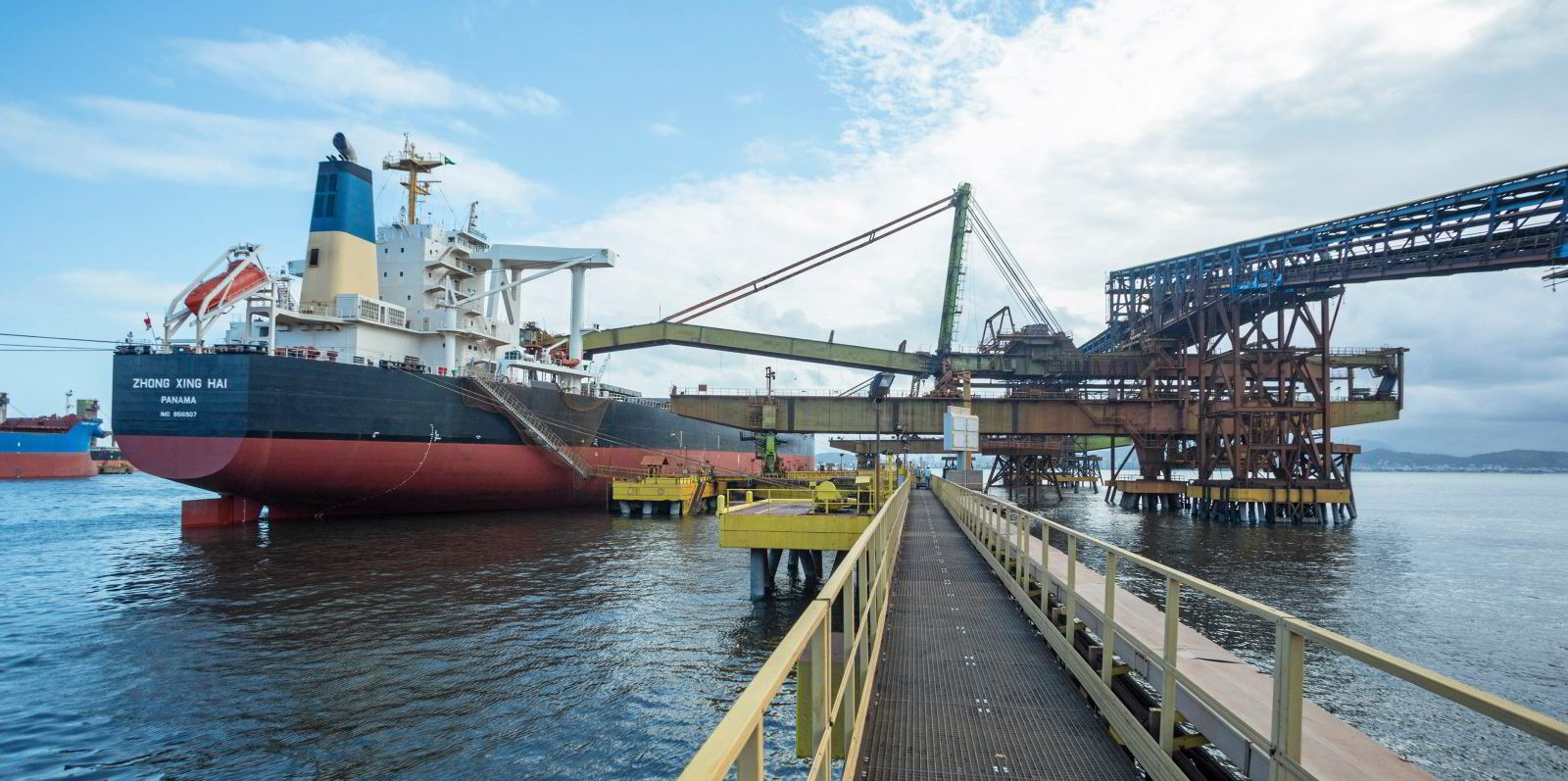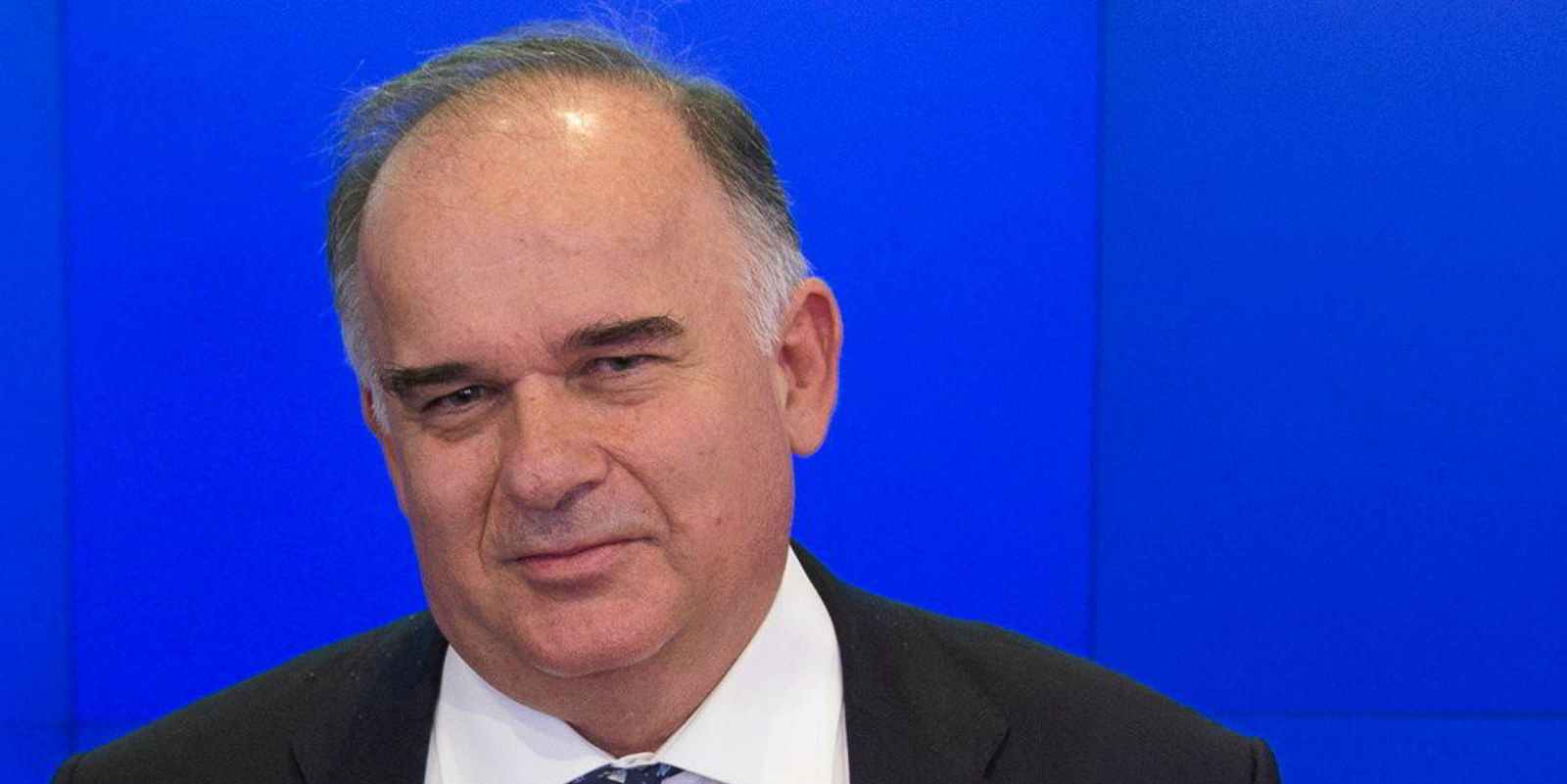Capesize bulker spot rates have been stuck at their lowest levels in almost five months as a feud between Australia and China, and slumping Brazilian iron ore exports, drag on demand.
Average time charter equivalent rates for the large bulkers came in at just under $11,900 per day on Friday, according to data from the Baltic Exchange. That's a one-week dip of 4.8% as rates spent five days below $12,000 per day, a level not seen since June.
Clarksons Platou Securities analysts said the capesize market has found support at the latest levels, meaning they are not expected to decline further.
But the investment bank, a division of shipbroking giant Clarksons, put the blame for the low rates on China's restrictions on several commodities from Australia amid tensions between the two countries.
As TradeWinds has reported, China has asked companies to halt imports of several commodities from Australia. That has included coal but not the other key capesize cargo, iron ore.
"Looking back, we see the main reason for softer fundamentals over the past month is the Chinese ban on several Australian commodities," analysts Frode Morkedal and Omar Nokta wrote on Friday.
The informal Chinese bans have included other commodities, among them grain, forestry products and some minerals, but rates in the smaller ship classes that carry those cargoes have been more resilient than capesizes.
Relations with Beijing turned sour in April after Australian Prime Minister Scott Morrison called for an investigation into the cause of the Covid-19 pandemic, which emerged in the Chinese city of Wuhan.
Beijing fires back
China responded with the restrictions on imports, including the effective ban on coal that emerged in October and that was imposed through a word-of-mouth campaign rather than a formal rule. More than 20 bulkers have been stuck off China's ports unable to discharge coal.
But dry bulk market experts are divided on how much the situation has impacted spot rates.
Braemar ACM Shipbroking lead dry cargo analyst Nick Ristic said the ban has had little impact on capesize earnings, as many coal cargoes have been diverted to places such as India and Vietnam.
Rather, the key factor pulling down capesize rates has been the early arrival of the rainy season in Brazil, which has slowed iron ore exports as the wet weather gums up operations, the analyst said.
No rally
Ristic doesn't expect another rally this year, although Brazil could still present a surprise.
"We aren’t expecting anything exciting for the rest of the year," he told TradeWinds.
"The upside risk is if conditions in Brazil do improve, you could see charterers try to make up for lost time."
Clarksons Platou, however, has a more optimistic outlook.
"We believe market fundamentals are encouraging," Morkedal and Nokta said.
The first quarter is typically slow in the capesize bulker market.
"But next year it’s not just China doing the heavy lifting, as any post-Covid economic recovery in the rest of the world, combined with sharply lower fleet growth from mid-2021, is likely to support freight rates, in our view."(Copyright)






